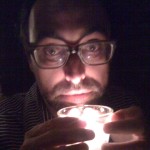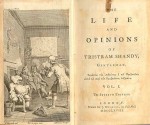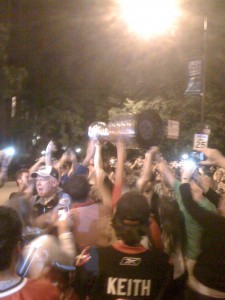Jonathan Franzen, whose new novel Freedom I have devoured rapaciously and loved, gave a great interview to NPR. Among the treasures:
Only if you have some regular connection with some kind of darkness or difficulty or conflict does serious fiction begin to matter. And so it’s simply realistic to let people, as the stories of their lives build toward dramatic peaks, to enter these dark woods from time to time. And it’s really as simple as that. And then because I think it tends to be funny up to a point, up to the point where you need to be hospitalized.
&:
If I’m just writing about something moderately interesting in using interesting well-turned sentences, it just has no life. It’s got to come out of something that’s – some issue that’s still hot in me, something that is distressing me and there are plenty of things to be distressed about. And for a long time I was able to get a lot of energy onto the page from certain kinds of political distress, environmentalist distress, even aesthetic distress, sort of a war on certain strains in literary fiction that I was opposed to, and that kind of anger has become less interesting to me because it seems like a younger man’s game a little bit.
And also, the writer is still too well defended. You are armored in your anger. And particularly, in the new book, I tried to let go of that or I found myself letting go of it and went to the deeper, more upsetting things, which were much harder to get onto the page, but whose presence I could feel. I could feel like some, you know, pool of magma beneath the crust, that there is heat down there. If I can only find a way to tap into it, it will make the pages hot in the way they have to be.
&:
The great thing about novels and the reason we still need them, I think will always need them, is you’re converting unsayable things into narratives that have their own dreamlike reality. And instead of having factual statements about what is – here’s the factual statement I will never make about myself, I can’t make about myself, I’m too ashamed or afraid to make about myself. If that can be translated into characters who feel like they have some independent life, and if they’re embodying through their story that informational material about myself, then I feel as if it’s been not quite said but it’s been enacted.





























